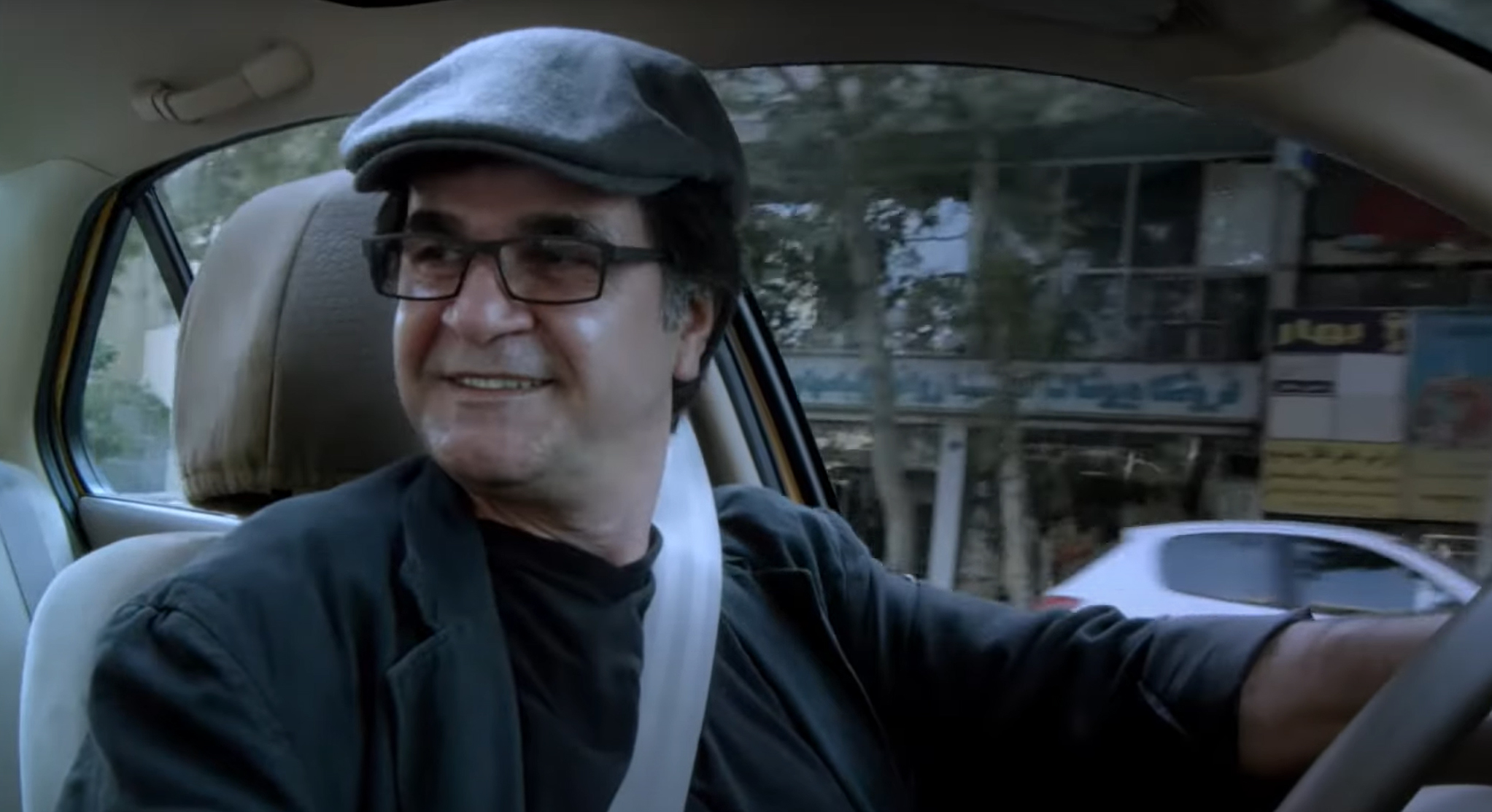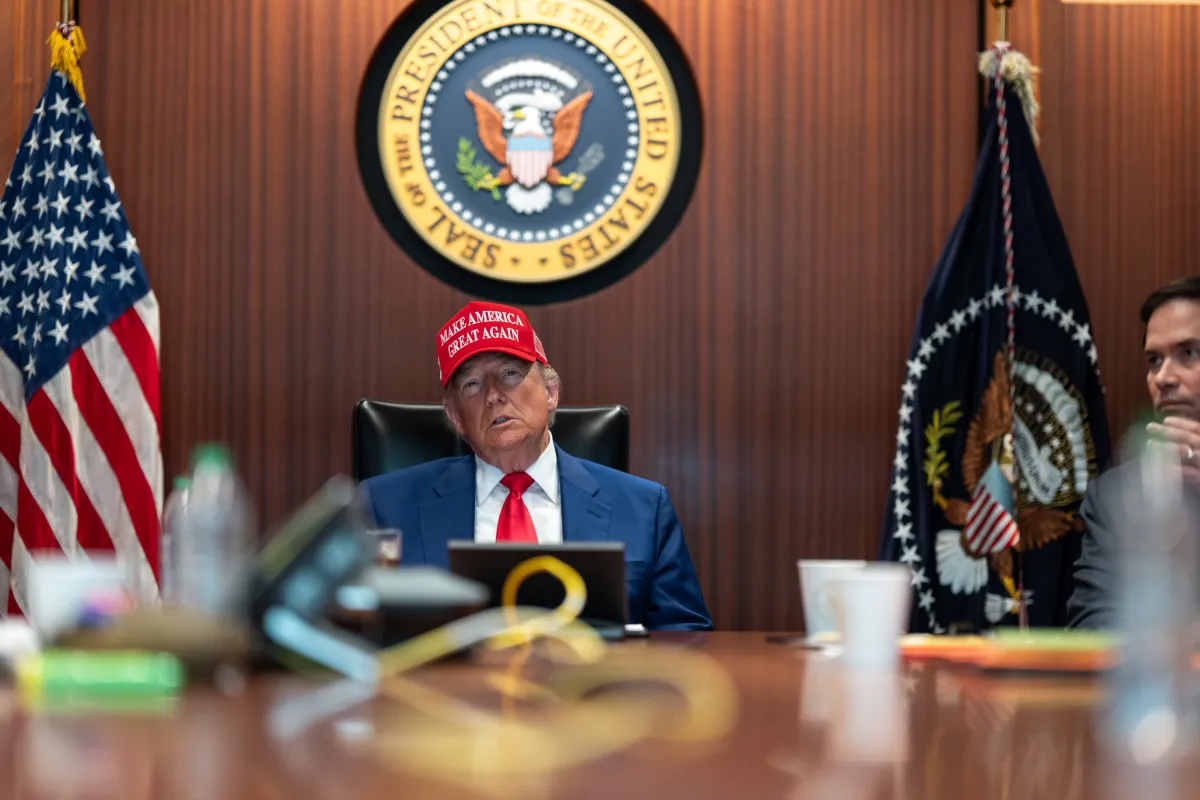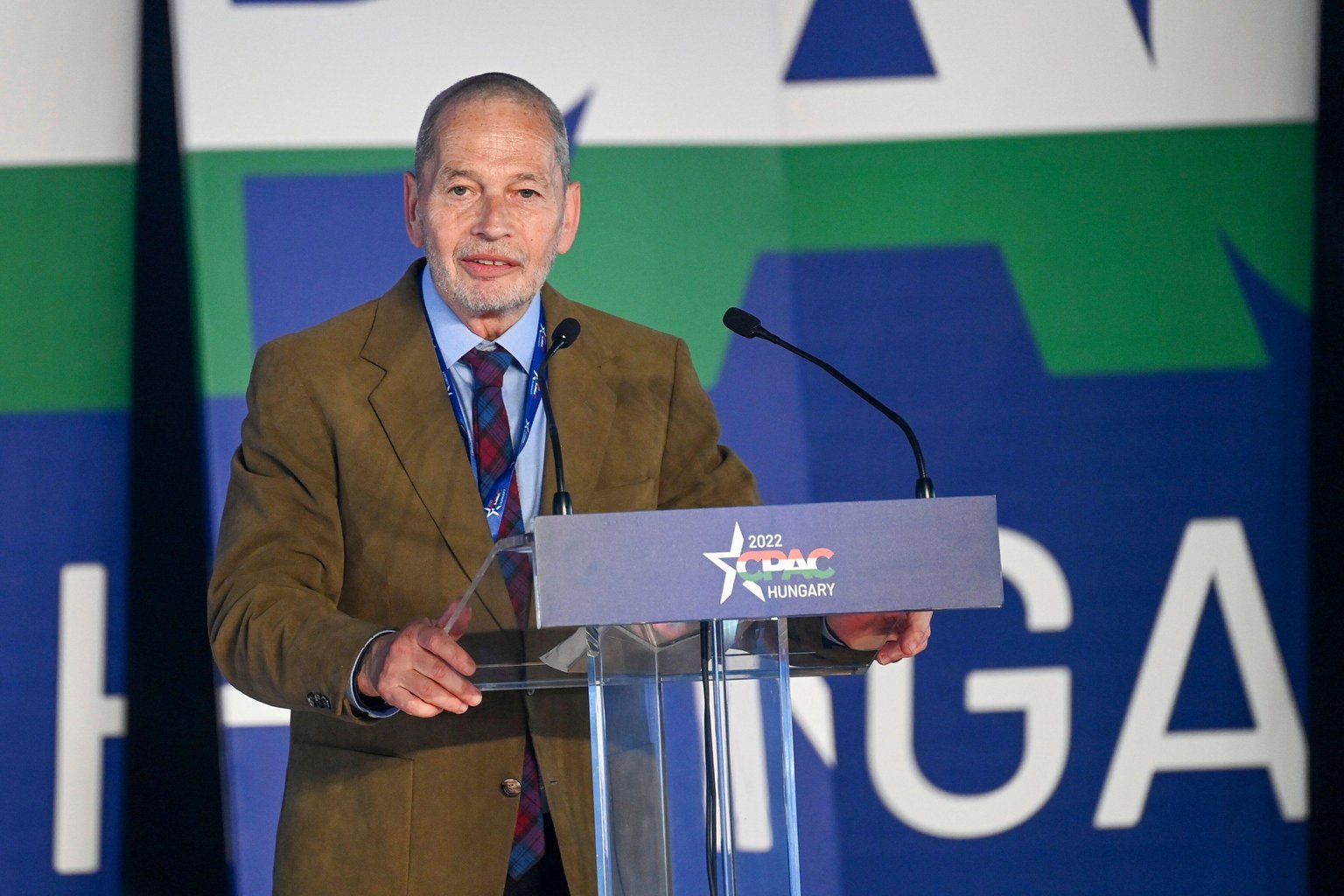Zimbabwe is in the throes of a deepening human rights crisis ahead of hosting a Southern Africa Development Community (SADC) summit on Saturday when its leader Emmerson Mnangagwa, who has deployed army tanks in townships and launched a major crackdown against dissenting voices, will assume the bloc’s chairmanship.
The escalating harassment of pro-democracy campaigners, human rights defenders, political activists, student leaders and ordinary residents, some of whom have severely been tortured, came with dire warnings.
There is evidence that the state repression was planned at the highest levels within the country’s corridors of power as speeches by key figures sparked off a chain of frightening events.
On 27 June, while addressing his ruling party’s Central Committee, Mnangagwa said “rogue elements” bent on peddling falsehoods and instigating acts of civil disorder before, during and after important meetings would be dealt with “decisively.”
On 31 July, George Charamba, Mnangagwa’s spokesperson told the state run media there was a foreign hand in efforts to destabilise the country, and ominously warned that locals involved would be taught “a lesson.”
“It would appear they haven’t learnt their lessons,” Charamba said. “They should know that the Government is not just willing but is capable of delivering to them a lesson that is handsomely appropriate,”.
It’s the same message that the presidential spokesperson sent out while serving in the same capacity on behalf of former boss Robert Mugabe who was deposed by Mnangagwa in a coup in November 2017.
Following Mnangagwa’s takeover, there was cautious optimism in some circles that Zimbabwe would turn a corner after 37 years of dictatorship, but Zimbabweans found they were in for more of the same: official corruption, state sponsored violence, widespread poverty, unemployment, economic ruin and general decadence in the country’s cities and towns.
Mnangagwa’s recent threats were followed by horrific repression on the ground enforced by terror. Human rights organisations report 165 people have so far been caught up in the campaign to suppress freedom of expression and assembly.
Some of those punished in Mnangagwa’s latest crusade include 25-year-old Namatai Kwekweza, a human rights activist, and three others Robson Chere, the Secretary-General of Amalgamated Rural Teachers Union of Zimbabwe (ARTUZ), Samuel Gwenzi, the director of the Zimbabwe Human Rights Monitors Platform and Vusumuzi Moyo,an artist and sound engineer who were forcibly removed from a plane at Robert Mugabe International Airport by State agents on 31 July.
They were detained incommunicado for several hours and subjected to torture and later taken to court. The African Initiative of Women Human Rights Defenders which monitored the case of Namatai, who last year won the inaugural Kofi Annan NextGen Democracy Prize said “the torture inflicted upon her is beyond comprehension: being hit with open hands, clenched fists, wooden planks, and iron bars.”
Other human rights lawyers said Chere suffered extensive injuries that put him at risk of kidney failure and death. The Zimbabwean Lawyers for Human Rights has since said prison officials blocked his medical practitioner of choice from attending to him on 10 August.
The latest crackdown by Mnangagwa’s regime has not gone unnoticed. On 14 August, the United Nations Human Rights Office said it was concerned by reports of arrests, harassment and intimidation of human rights defenders and political activists in the lead up to the summit.
There are now diplomatic efforts to push Mnangagwa to stop the persecution. The Southern Africa Human Rights Defenders Network has been writing to leaders of countries that will attend the SADC summit voicing concerns.
In one letter dispatched to South Africa’s International Relations and Cooperation Minister, the Southern Defenders chairperson, Professor Adriano Nuvunga detailed the repression. He said one person was charged with “public violence” for participating in an anti-government protest five years ago.
Nuvunga said the latest crackdown began on 16 June targeting 78 members of the Citizens for Coalition Change including the party’s interim leader Jameson Timba who were celebrating the International Day of the African Child at a private residence.
He added that that during the arrests, police used baton sticks and fired teargas at the group, resulting in injuries; including an extensive injury to one member which required surgery.
The activists are still locked up. In an interview with Index, Human Rights Lawyer Alec Muchadehama said charges like acting with disorderly conduct in a public place – for which activists like Namatai were tortured – are minor offences that would normally carry at worst a $200 fine.
He added that most of the alleged crimes fall into the category of what are known as miscellaneous offences, such as spitting on someone. For other offences such as accusations of illegal gatherings, police must just disperse gatherings, not cordon off the area and make dragnet arrests. He went on to say that as police know that the arrests are unlawful, hence come up with flimsy charges such as disorderly conduct, criminal nuisance and participating in an illegal gathering to sanitise them.
The human rights lawyer said the first bastion of defence when police act in such an illegal manner is for prosecutors not to take such matters to court.
“One of the greatest disappointments of our time is that prosecutors now take such matters to court as a matter of routine,” said Muchadehama.
Then there are courts who deny people freedom when the alleged minor offences come before them.
“Most of the judgments that have been handed down, I have respectfully disagreed with such judgments,” added Muchadehama.
In an X Space on Zimbabwe’s Human Rights Crisis and the SADC Summit organised by the Resistance Bureau on Wednesday, a former student leader Nancy Njenje who was constantly harassed by state agents and was once arrested and placed in crowded cells where she caught Covid-19 in 2021, said Zimbabwe’s courts have been captured by the ruling regime.
In one recent case, opposition leader Job Sikhala spent more than 500 days in pre-trial detention while facing trumped up charges of incitement to commit violence, disorderly conduct and obstruction of justice charges, with the courts denying him bail.
Njenge said the unfortunate thing about the crisis unfolding in Zimbabwe is that there is no coordinated effort to fight the status quo.
“Zimbabwe is under an institutional capture, we are not just fighting Zanu-PF to go, we are fighting all the institutions that Zanu-PF has captured. We are fighting the police, we are fighting the courts,” Njenge said.
She said people must not leave their struggles in the hands of the opposition but must use protests to express themselves.
In an interview with Index, Tawanda Muchehiwa, who is now living in the UK after fleeing Zimbabwe where he was abducted by state agents and tortured, said Mnangagwa has not changed his bad habits, despite his pretensions. He said Mnangagwa’s regime was desperately trying to prevent the emergence of fresh ideas and progressive thinking.
Unlike others who are languishing in jail after being tortured, Muchehiwa was lucky to get a scholarship to study at the University of Leicester where he graduated with a Bachelor of Law (LLB) last month.
“I was blessed to have good people around me who offered their kindness and support during this challenging time. Their assistance was invaluable in helping me reorganise my life after the brutal ordeal I had endured, allowing me to focus on my studies and healing,” he said.
As Mnangagwa looks for other people to lock up, he is at the same time preparing to roll out the red carpet for SADC leaders for the Saturday meeting.
Calls for the summit to be moved to another venue have been ignored.
One of the parties in South Africa’s governing alliance, the Democratic Alliance said South Africa, as a leading member of the region, must advocate for the summit to be moved to a location that upholds and respects democratic values.
“By abusing state machinery to violate the rights of Zimbabweans, the unrepentant ZANU-PF regime has demonstrated that it is prepared to go to any lengths to violate the law in order to entrench its authoritarian rule. South Africa, and by extension the SADC, have an obligation to hold the Zimbabwean government to account,” the DA said.
“Allowing the summit to proceed under the current circumstances will not only endorse ZANU-PF’s flagrant abuse of international law, but further undermine the principles upon which SADC was established. “South African opposition leader Musi Maimane went on to describe Mnangagwa as an “evil dictator.”





